Thanks to another smart post over at Long Sunday called “Learning to Love Again“, I followed the link to a fascinating collective interview (pdf) under the same title with Wendy Brown in Contretemps.
Emotional pain and grief impede creativity and political thinking (even if there are countless brilliant artists and writers who have been driven by their grief to do great work). Paralysis and catatonia are common enough reactions to sadness, loss of love, etc. I’ve been resisting that kind of response pretty well, and this blog is part of my answer to the cavernous futility that sweeps out of the hole left behind. Seeing this title, “Learning to Love Again,” didn’t grab me right away, since I don’t really feel like I ever forgot how to love… au contraire! It’s a deep and richly flowing vein that I actually wish would subside and nap for a while, since it has no outlet for now.
But the title is derived from a question posed to Wendy Brown regarding her work on “left melancholia” and how, broadly speaking, we ‘of the left’ (a label I don’t wear comfortably) have lost our sense of the future AND one of the key historical ideologies (liberalism) towards which we have been opposed. The twin collapses of ‘really existing socialism’ and liberalism (which Wallerstein’s After Liberalism does a great job of linking over a 200-year history) has caused disorientation and even depression among various old and new left thinkers and activists.
Brown has written about this melancholia and describes the missing act of mourning as a key piece of it. In the interview John Dalton accepts that history has deposited us in a new and unknowable place, and states “Nothing is stable. A ‘left melacholia’ can then be thought without negativity, as the natality of a politics to-come.” He goes on to point to the horizon of globalization as a key arena for a left politics to renew itself, not by memorializing the past but by seeking new norms beyond the nation-state. This leads Wendy Brown to emphasize how big the future mourning will be when we have really moved beyond the nation-state as our frame of reference, since people of all political inclinations to a great extent still frame their political thinking and action in terms of a national stage. She qualifies her point by acknowledging that we are still quite bound up in both national and post-national politics, but she’s trying to get at the experience of loss that besets an agenda of human liberation.
“It would be a fabulous left project to develop a productive way of coming to terms with what we are all losing, and with what must be put into play as the affirmative prospects of those losses, or the affirmation that comes from that loss. What is allowed to live when something else dies? What is opened as a possibiliity when something that has claimed us is finally put to rest?”
This language is eerily apt for personal loss too. How does one hold and honor the anguish and grief that accompanies lost love, but let it pass, let it die, and then see what is newly opened? Wish I knew! I know I’m open and looking, but of course, this isn’t just about my personal drama. Because even though I see and feel it quite profoundly in terms of my personal life, I also live it every day in terms of the broader political culture.
As Brown puts it
“Is ‘learn[ing] to love again’ the limit of the problem? What could possibly replace both the object of critique that the left as we have known it over the last several centuries has counted on, and the object of aspiration, the futurity that the left has counted on? We have to begin by saying, if we emerge from it, we are not ‘the left’… the ‘we’ that loves again will be a different ‘we’ than the one we are.”
I suppose it’s an ultimately narcissistic projection to knit together my personal plight and the larger drama of a human movement for generalized liberation. But emerging from a great, long-term relationship, especially involuntarily, is to face a mountainous emotional challenge. It is somehow comforting to compare that challenge with the far more daunting challenge of reinvigorating and reimagining a politics capable of reinventing life on a new convivial, pleasurable, compassionate and engaged basis. And finally, doesn’t the latter closely shape the former? Part of the demise of our relationships is the endless dissatisfaction that erodes them due to unmet desires, mysterious yearnings, uncategorizable emotional needs. Would a radically different daily life assuage those vague but compelling needs? Maybe not. But maybe! (at least in part.)
I feel more hopeful and capable facing the bigger challenges of describing meaningful political revolt than I do facing finding happiness with a new lover. But that’s because it’s so much easier and safer to dwell on abstractions and grand theories and big ideas than it is to deal with the nitty-gritty reality of incompatibility, lack of attraction, missed or mixed signals, and self-conscious emotional confusion. Moreover, I actually feel like I CAN answer a lot of the questions about how much better life could be (took a major stab it in my novel, after all).
Wendy Brown manages to conflate political analysis and emotional advice, probably unintentionally, but since I am occupying two distinct and rather uncomfortable states at once, I read her words in both ways. At the conclusion of the interview, some prognostication is offered:
“…what components of democratic futures might there already be in certain kinds of responses to globalization and strong states? So that there might be democratic futures, we might have to give up the attachment to one set of meanings or one set of definitions of democratic futures and become open to others. That probably means being willing to suffer an even more radical disorientation than many of us already suffer, an even more radical vertigo than some of us are suffering now…
“…What we might need to give now, or what we might need to inhabit now, is that founding openness to possibility, to seeing the world differently, to seeing power differently, to seeing the future differently. This involves a brave and humble intellectual and political openness. It also means refusing the dichotomy between the local and the global, the national and the transnational, the intellectual and the practical… I think that the only way out of that kind of melancholy and that kind of despair is not by darting towards yet another answer but by opening up to a different reading of the present, a different reading of our attachments and possibilities… The democratic future that we’re after is actually a future that we will only be able to make by opening the present differently.”
Pretty solid sentiments, and as applicable to what they’re addressing as they are to facing the empty solitude of lost love. If only I could read my present differently so as to discover a new future! Sounds so good, so exciting, even comforting! And why not?


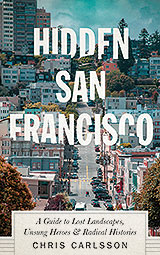
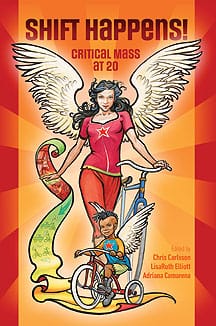
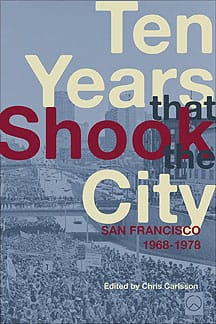
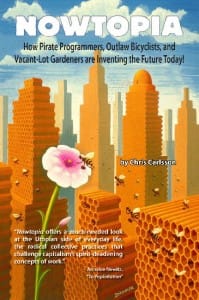
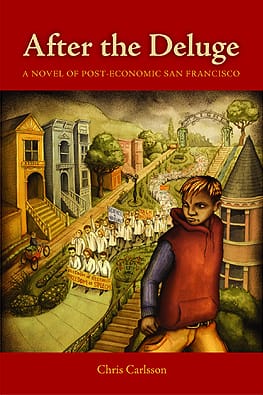
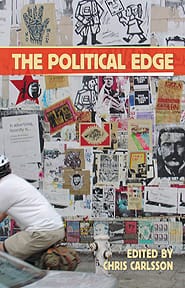
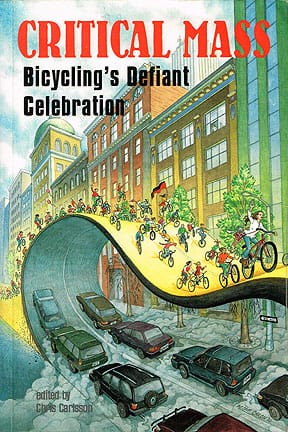
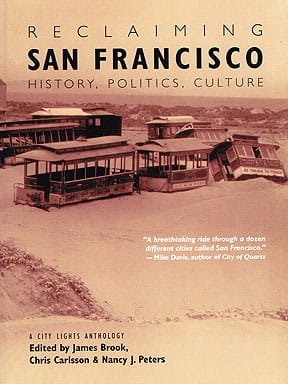
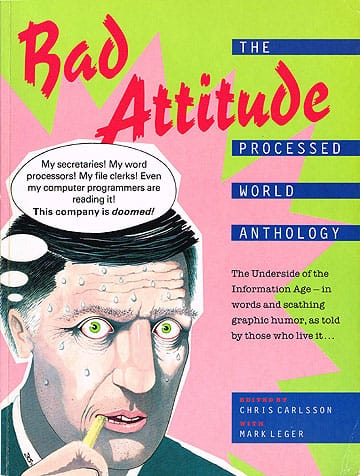

As one of the participants in the interview with Wendy Brown, I am delighted to see that the restorative, comfort ‘affect’ (for want of a much less wanky term) that I got from spending three hours with Wendy Brown translates on to the page. It was a truly amazing experience to be in the presence of such an exceptionally rigorous intellectual who manages to maintain faith in some form of humanity (see the question on humanism)and the possibility of transforming our future conditions of being – even if that is through some kind of psychic recovery from a mammoth existential and political loss. Wendy Brown is a truly remarkable woman.